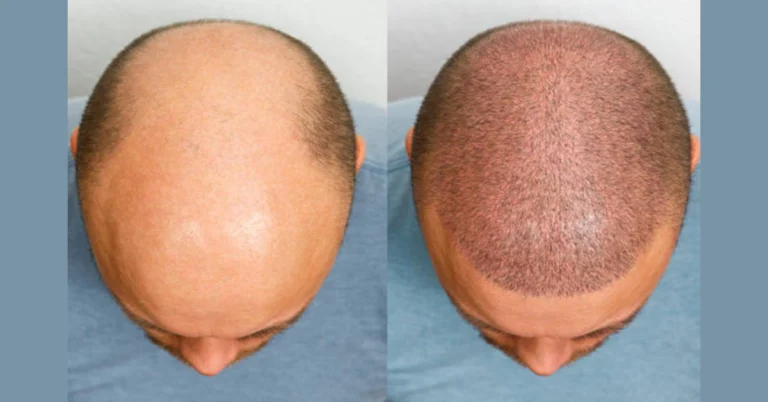Major Depression Treatment: Effective Methods for Managing Symptoms
Major depression, also known as clinical depression, is a mental health disorder that affects millions of people worldwide. It is a serious illness that can cause significant distress and impairment in daily functioning. Major depression is characterized by persistent feelings of sadness, hopelessness, and a loss of interest in once-enjoyable activities. In some cases, it can lead to suicidal thoughts or behaviours.
Fortunately, there are several effective treatments available for major depression. These treatments can help alleviate symptoms and improve overall quality of life. Treatment options may include medication, psychotherapy, or a combination of both. Individuals with major depression need to seek professional help and work with a healthcare provider to determine the best treatment plan for their individual needs. With the right treatment and support, individuals with major depression can manage their symptoms and lead fulfilling lives.
Understanding Major Depression
Major Depression, also known as Major Depressive Disorder (MDD), is a common mental health condition that affects millions of people worldwide. It is a severe form of depression that can significantly impact a person’s daily life, causing them to feel sad, hopeless, and helpless for extended periods of time.
Symptoms and Diagnosis
Symptoms of Major Depression may include:
- Persistent sadness or feelings of emptiness
- Loss of interest in activities once enjoyed
- Changes in appetite and weight
- Difficulty sleeping or sleeping too much
- Fatigue or loss of energy
- Feelings of worthlessness or guilt
- Difficulty concentrating or making decisions
- Recurrent thoughts of death or suicide
To diagnose Major Depression, a healthcare provider will conduct a thorough evaluation, including a physical exam and mental health assessment. They may also use specific diagnostic criteria outlined in the Diagnostic and Statistical Manual of Mental Disorders (DSM-5).
Causes and Risk Factors
The exact causes of Major Depression are not fully understood, but it is believed to be a combination of genetic, biological, environmental, and psychological factors. Some common risk factors for Major Depression include:
- Family history of depression or other mental health conditions
- Trauma or stressful life events
- Chronic illness or pain
- Substance abuse
- Imbalances in brain chemistry
It is essential to note that Major Depression is a treatable condition, and seeking professional help is crucial for recovery. Treatment options may include therapy, medication, or a combination of both. With proper treatment and support, many people with Major Depression can manage their symptoms and lead fulfilling lives.
Treatment Strategies
Medication Options
Medication is often used in the treatment of major depression. Antidepressants are the most commonly prescribed medication for depression. They work by increasing the levels of certain chemicals in the brain that regulate mood. There are several different types of antidepressants, including selective serotonin reuptake inhibitors (SSRIs), tricyclic antidepressants (TCAs), and monoamine oxidase inhibitors (MAOIs). It is important to work with a healthcare professional to determine the best medication and dosage for each individual.
Psychotherapy Approaches
Psychotherapy, also known as talk therapy, can be an effective treatment for depression. Different types of psychotherapy include cognitive-behavioral therapy (CBT), interpersonal therapy (IPT), and psychodynamic therapy. CBT focuses on changing negative thought patterns and behaviours, while IPT focuses on improving relationships and communication skills. Psychodynamic therapy explores unconscious thoughts and feelings that may be contributing to depression.
Lifestyle and Alternative Treatments
In addition to medication and psychotherapy, lifestyle changes and alternative treatments can help manage depression. Regular exercise, a healthy diet, and getting enough sleep can all improve mood. Some people find that alternative treatments like acupuncture, massage, or herbal supplements can also be helpful. It is important to discuss any alternative treatments with a healthcare professional before trying them.
Read more: Path to Recovery: Opioid Addiction Treatment Options
Emerging Therapies and Research
Research is ongoing in the field of major depression treatment. Emerging therapies include transcranial magnetic stimulation (TMS) and ketamine infusion therapy. TMS uses magnetic fields to stimulate nerve cells in the brain, while ketamine is a medication that has been shown to have rapid antidepressant effects. It is important to note that these therapies are still being studied and may not be appropriate for everyone.







